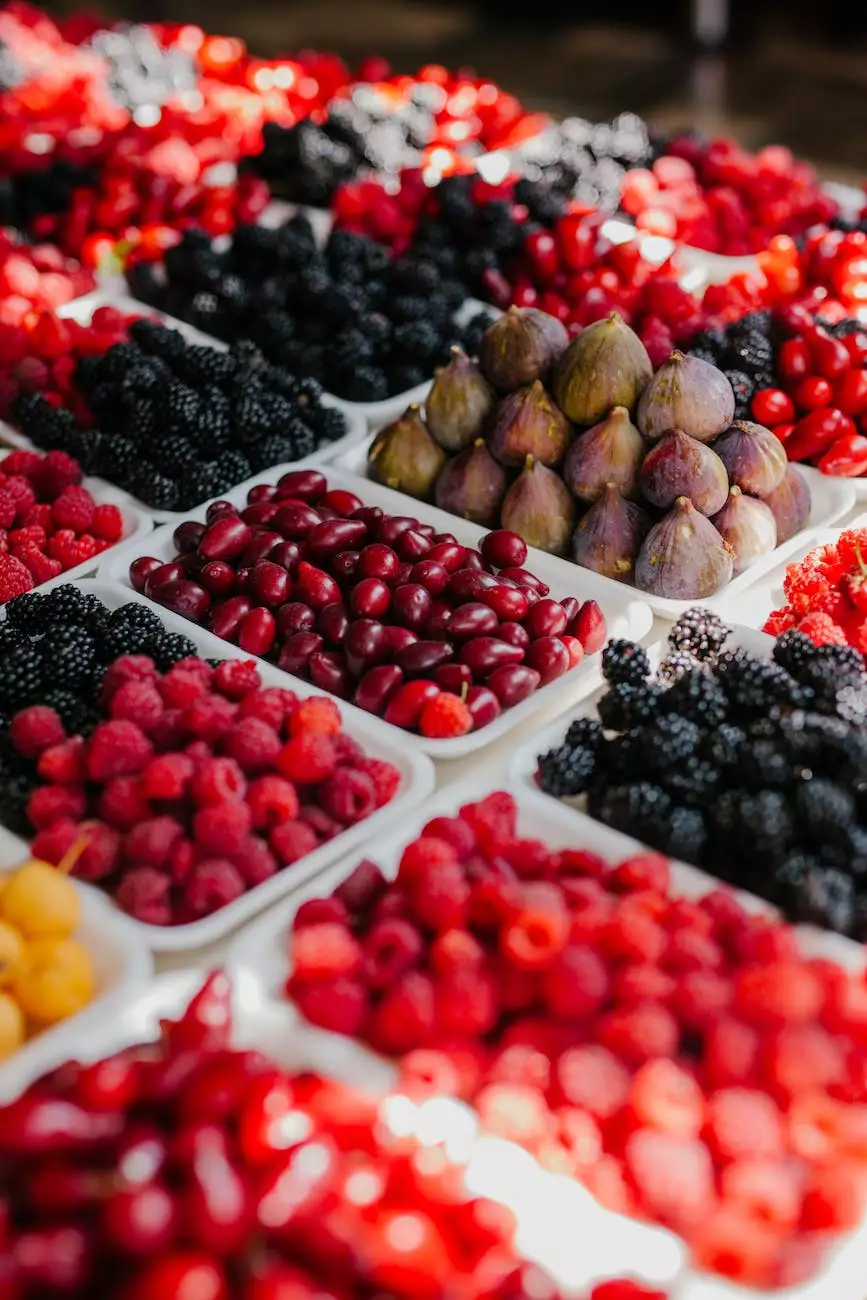Frequently Asked Questions: What Fruits Can My Dogs Eat?
Menu
Welcome to the informative page on Exotico Savannahs, where we provide expert advice and comprehensive information on what fruits are safe and healthy for your beloved dogs to consume. As passionate pet lovers ourselves, we understand the importance of ensuring our furry companions are nourished with a balanced diet, including occasional treats in the form of fruits.
The Importance of a Balanced Diet for Dogs
Providing your dogs with a balanced diet is crucial for their overall health and well-being. Dogs require a combination of proteins, carbohydrates, fats, vitamins, and minerals to thrive. While commercial dog food is formulated to meet their nutritional needs, incorporating fresh and natural foods, such as fruits, can offer additional benefits.
Benefits of Feeding Fruits to Dogs
Feeding your dogs a variety of fruits can provide them with essential nutrients while adding diversity to their diet. Some benefits of including fruits in your pet's diet are:
- Nutritional Value: Fruits are packed with vitamins, minerals, and antioxidants that support your dog's immune system and promote overall health.
- Hydration: Certain fruits, such as watermelon and oranges, have high water content, helping to keep your dog hydrated, especially during warmer months.
- Digestive Health: Many fruits contain dietary fiber, aiding in digestion and promoting healthy bowel movements.
- Dental Care: Chewing on crunchy fruits, like apple slices or carrot sticks, can help remove plaque and tartar buildup, contributing to good oral hygiene.
- Weight Management: Low-calorie fruits can be a healthy alternative to high-calorie dog treats, assisting in weight control and preventing obesity.
Fruits Safe for Dogs
While there's a wide array of fruits that are safe for dogs to enjoy, it's important to note that not all fruits are suitable for their consumption. Below, we've compiled a list of popular and dog-friendly fruits:
1. Apples
Apples are a great source of vitamins A and C, as well as fiber. Ensure to remove the core and seeds before feeding, as they can be a choking hazard.
2. Bananas
Rich in potassium and natural sugars, bananas are a healthy and tasty treat for dogs. Remember to feed them in moderation, as excessive consumption can cause upset stomachs due to their high sugar content.
3. Blueberries
Blueberries are packed with antioxidants and offer a great boost to your dog's immune system. Additionally, their small size makes them an excellent training treat option.
4. Strawberries
Strawberries are a delicious source of vitamins and fiber, but should be offered in moderation due to their natural sugar content. Slice them into smaller pieces to prevent choking hazards.
5. Watermelon
Watermelon is a hydrating fruit that dogs enjoy, thanks to its high water content. Ensure to remove the seeds and rind, as they can pose a choking risk or cause digestive issues.
6. Oranges
Oranges are a good source of vitamin C and can be a refreshing treat for your dog. However, feed them in moderation due to their acidity, and be cautious of the potential choking hazard posed by the seeds and peel.
7. Pineapple
Pineapple contains bromelain, an enzyme that aids in digestion. This tropical fruit can be served in small amounts as an occasional treat, as excessive consumption may lead to stomach discomfort.
8. Mango
Mangoes are packed with vitamins and minerals, making them a nutritious choice for dogs. Remember to remove the pit to prevent choking hazards and serve in moderation due to their natural sugar content.
Introducing Fruits in Your Dog's Diet
When introducing fruits to your dog's diet, it's important to start with small quantities to monitor their reaction and avoid any potential digestive upset. Follow these tips to ensure a smooth transition:
- Wash all fruits thoroughly to remove any pesticides or dirt that might harm your dog's health.
- Cut fruits into small, bite-sized pieces, removing any pits, seeds, or cores.
- Offer fruits as a supplement to their regular meals or as occasional treats. Remember, moderation is key.
- Observe your dog's reaction to the new fruits. If you notice any signs of allergies or digestive issues, consult your veterinarian immediately.
Conclusion
In conclusion, incorporating safe and dog-friendly fruits into your pet's diet can provide numerous health benefits, ensuring they receive a well-rounded and nutritious meal. Remember to keep the quantities moderate, removing any potential hazards, and always prioritize your dog's well-being. For further guidance and expert tips on pet care, feel free to explore the other helpful articles on Exotico Savannahs.










